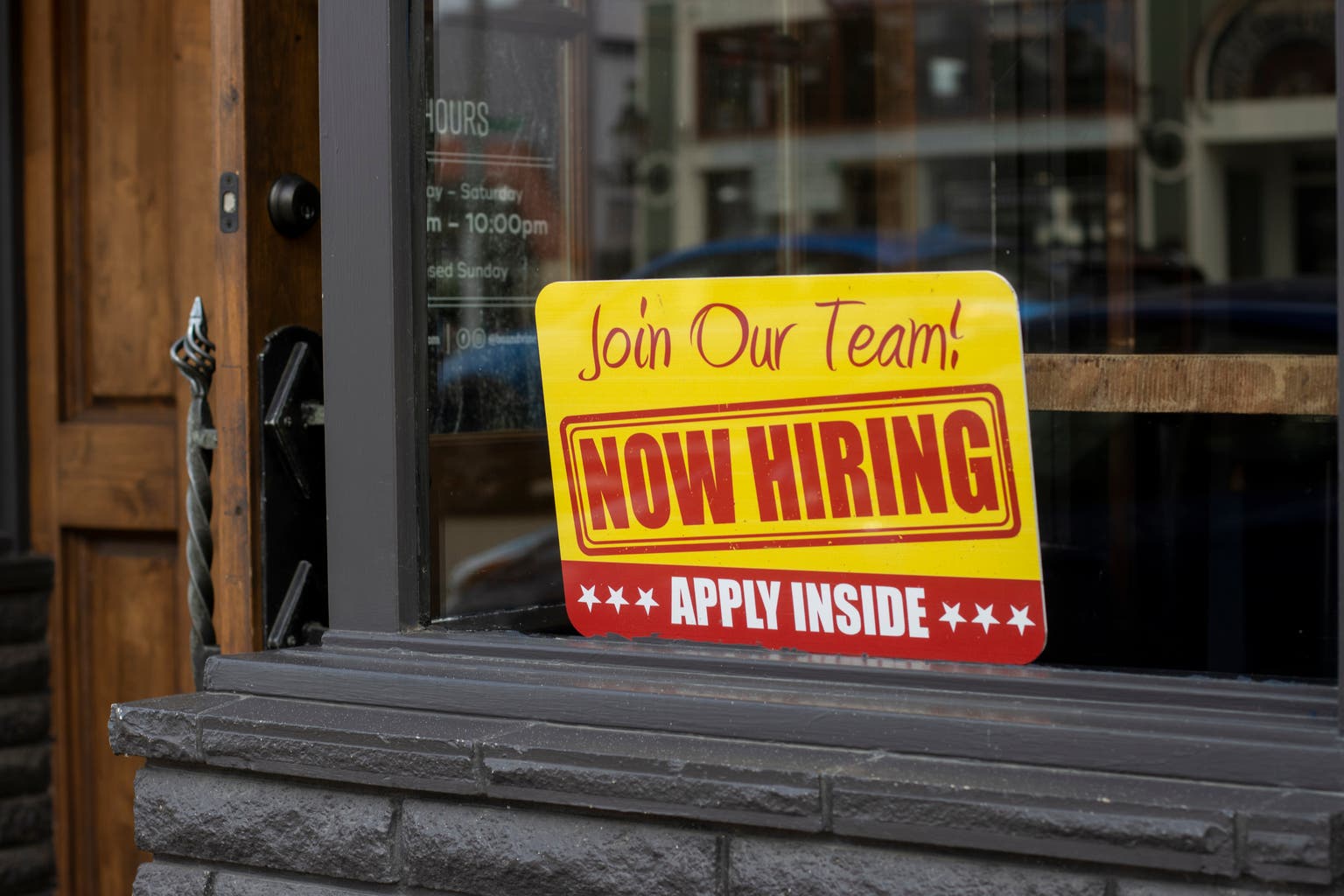Listen below or on the go on Apple Podcasts and Spotify
Despite worries, payrolls topped expectations and have risen for 54-straight months. (0:13) Stocks rallied into the early close. (1:41) DataDog jumps on S&P 500 inclusion. (2:30)
This is an abridged transcript of the podcast:
Wall Street closed early today ahead of the Friday’s July 4th celebration, but there was reason to stick around before hitting the Holiday Road.
The June jobs report came out a day early with markets closed tomorrow and while not exactly fireworks, they were anything but a dud. Once again, the U.S. economy showed signs of resilience just as everyone was ready to declare the good times gone.
Nonfarm payrolls rose by 147,000, stronger than the 110,000 expected and the upwardly revised 144,000 jobs added in May. The jobless rate unexpectedly ticked down to 4.1% from 4.2% and average hourly earnings rose 0.2%, lower than the 0.3% consensus.
People had been ringing the death knell of the jobs market lately, but June was the 54th month of job growth in a row. Strategist Charlie Biello notes that’s the second-longest streak in history. The unemployment rate has stayed between 4% and 4.2% for 14-straight months. But the labor force participation rate came in at the lowest level since December.
Economists sounded caution about a jump in education jobs driving gains while private sector growth was weak – but a similar thing happened last June.
What the numbers did do is silence the whispers of a July rate cut. The odds of the Fed cutting by a quarter point next month sank to around 7% from 24% yesterday. The odds of the FOMC staying on hold in September rose to 28% from 6%.
Eric Merlis, co-head of global markets at Citizens, says: “The stability in labor conditions should give the Fed leeway to maintain its wait-and-see stance until it has greater clarity about how evolving policies may impact the economy.”
Stocks responded well to the jobs figures, despite the diminished chances of some Fed easing.
The S&P 500 (SP500) rose 0.8% to nearly 6,279. The Nasdaq Composite (COMP:IND) gained 1% to 2,601 and the Dow ended up 0.8% to nearly 44,829.
Rates rose, with the 2-year yield (US2Y) rising to 3.89% and the 10-year (US10Y) up to 4.34%.
David Laut, chief investment officer at Abound Financial, says with stocks at record highs, he is “sticking with the winners, which includes growth stocks, which have led the market since the April lows.”
“Growth has led us out of the downturn, and we would expect this category to broaden out across company market caps, especially as interest rates decline,” he said. Valuations “aren’t a concern … right now, as the market has too much inertia and there is room for valuations to expand.”
Among active stocks, Datadog (DDOG) rallied, with its inclusion into the S&P being called a “validation moment” by Wedbush Securities.
Analysts said: “While the investment community largely expected Robinhood or AppLovin to join the index, DDOG was selected over these names as the company’s platform continues to gain momentum within the observability space, especially with AI front and center.”
Tripadvisor (TRIP) also rallied on a report that Starboard Value has built a stake of more than 9%, although it was not immediately clear what the activist investor was seeking from the firm.
The Wall Street Journal reported the stake is valued at about $160 million.
And Needham abandoned its Sell thesis on Meta Platforms (META), bumping it to Hold.
Analyst Laura Martin expects the company to over-deliver on its prior revenue and margin estimates for Q2 and FY25 and predicts that it will report 14% revenue growth and 6% EPS growth for the year. But she chose not to turn bullish on Meta, with the company’s capital budgets continuing to rise.
In other news of note, “Artificial intelligence is going to replace literally half of all white-collar workers in the U.S.,” Ford (F) CEO Jim Farley predicted at a recent event, the latest company chief to forecast the impact of the rapidly evolving technology on the workforce.
Farley believes that AI and new technologies have an asymmetric impact on the economy. “… that means a lot of things are helped a lot and a lot of things are hurt. AI will leave a lot of white-collar people behind.”
And Samsung’s (SSNLF) second U.S. chip plant, originally scheduled to begin operations in 2024, has been delayed until 2026 due to a shortage of local customers.
“The process [of completing the Taylor fab] is delayed because there are no customers. [Samsung] is not in a situation where it can do something, even if it brings equipment in at the moment,” a source close to the situation told Nikkei Asia.
A chip supply chain executive familiar with the matter also said that Samsung, which already makes chips in Austin, Texas, is in no hurry to install chip making equipment in the new plant.
Editor’s Note: This article discusses one or more securities that do not trade on a major U.S. exchange. Please be aware of the risks associated with these stocks.


